Let’s face it, talking about your home sewage or septic system isn’t the most exciting topic. But keeping it in good shape is crucial for a hygienic and smoothly running household. By preventing costly repairs and maintaining a healthy environment, we’ll share practical tips to keep your sewerage system in top condition.
Whether you’re an experienced homeowner or just starting out, our blog is your handy guide for mastering sewerage system maintenance.
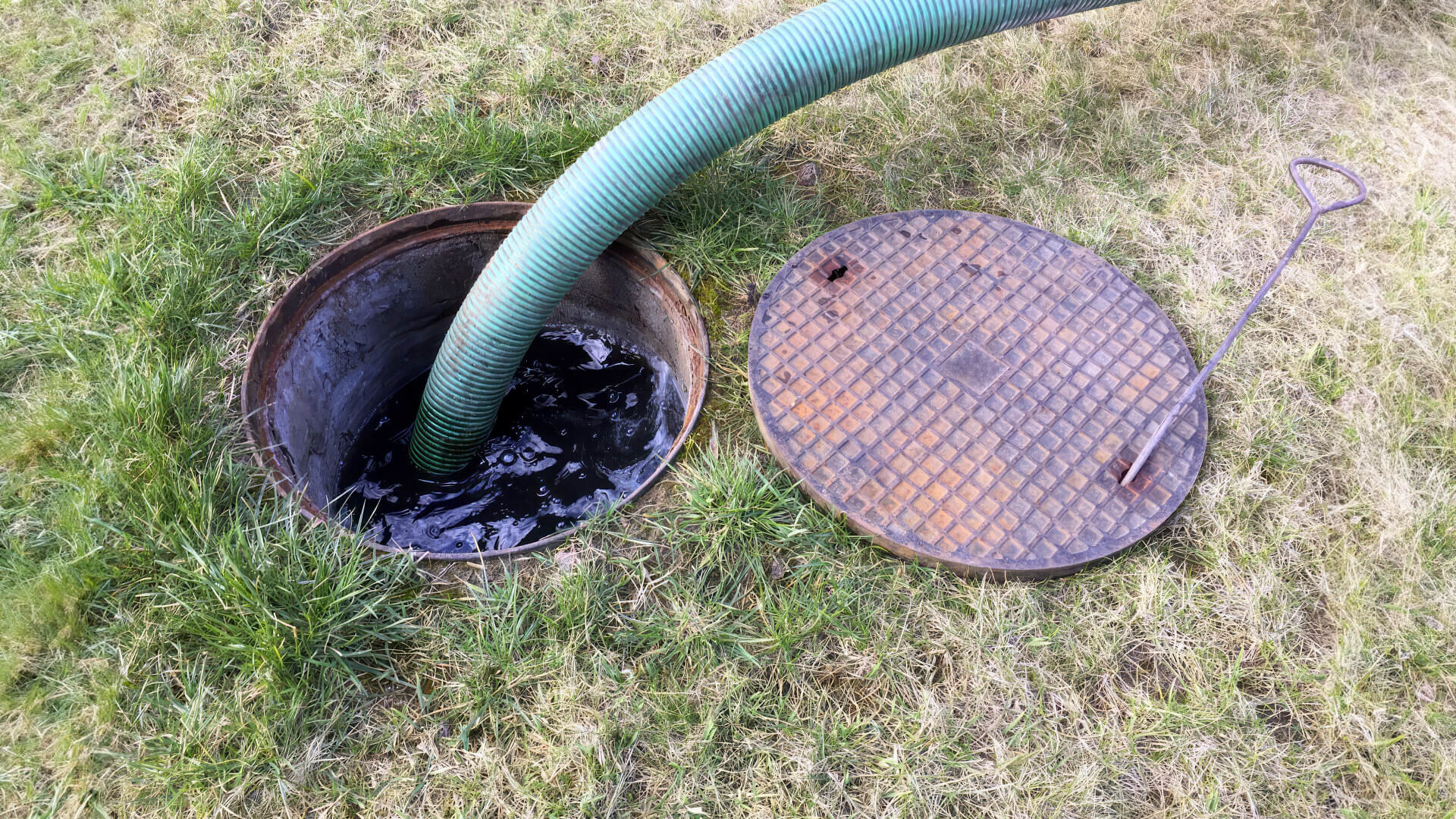
The Significance of Sewerage System Maintenance
Keeping your sewerage system in working order is essential for local councils and communities. Besides convenience, it’s crucial for public health, protecting the environment, and saving money.
Regular sewerage system maintenance records preventblockages, leaks, and overflows that can lead to unsanitary conditions and health hazards. By addressing issues proactively, we contribute to preserving our local ecosystems, a principle deeply valued by our elders past and present and water sources.
In addition, a well-maintained sewerage system minimises the need for expensive emergency repairs, saving both homeowners and municipalities substantial financial resources.
In essence, the upkeep of this often unseen infrastructure is an investment in the well-being of our surroundings, our finances, and the overall quality of life we enjoy.
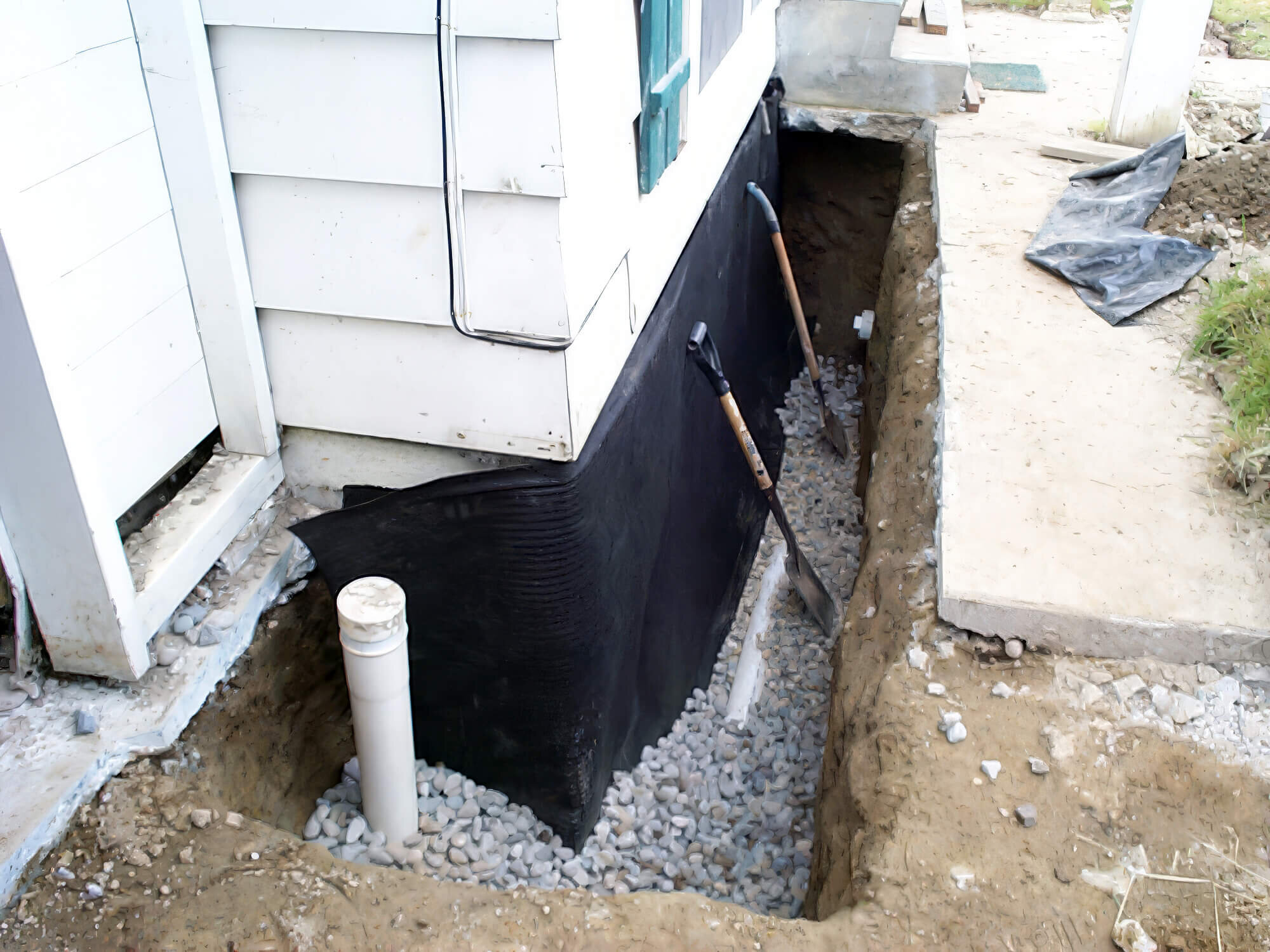
Common Causes of Sewer Blockages and Backups
Sewer blockages and backups can lead to unpleasant and unsanitary situations in residential and commercial properties. Understanding the common issues that ‘custodians of the land’ face with sewerage systems can help property owners take preventive measures to avoid costly and disruptive problems. Here are some of the most frequent culprits of sewer backups and blockages:
Foreign Objects
Flushing or disposing of non-biodegradable items down the toilet or drains, such as wet wipes, feminine hygiene products, paper towels, and toys, can cause blockages. These objects can accumulate and obstruct the flow of the wastewater treatment process.
Grease and Fat Buildup
Pouring cooking grease and oils down the kitchen sink might seem convenient, but they can solidify and create stubborn clogs over time. Grease build-up can trap other debris passing through the pipes, leading to blockages.
Tree Roots
Tree roots are always seeking water and can sneak into sewer lines through small cracks or joints. As they grow, they can block pipes or cause damage. Be careful when landscaping; avoid planting trees or shrubs near sewer lines to prevent such issues.
Hair and Soap Scum
In bathroom drains, hair and soap scum are common contributors to blockages. They accumulate over time, reducing the pipe’s diameter and impeding the wastewater flow.
Collapsed Pipes
Older sewer pipes made from clay or cast iron can deteriorate over time, leading to collapses or breaks. This can obstruct the flow of sewage and cause backups.
Flushable Items
Our sewers are simple transportation systems that move human waste and control water use. Despite their label, many items marketed as “flushable” can still cause blockages. These products might break down slower than toilet paper, leading to accumulation in the pipes.
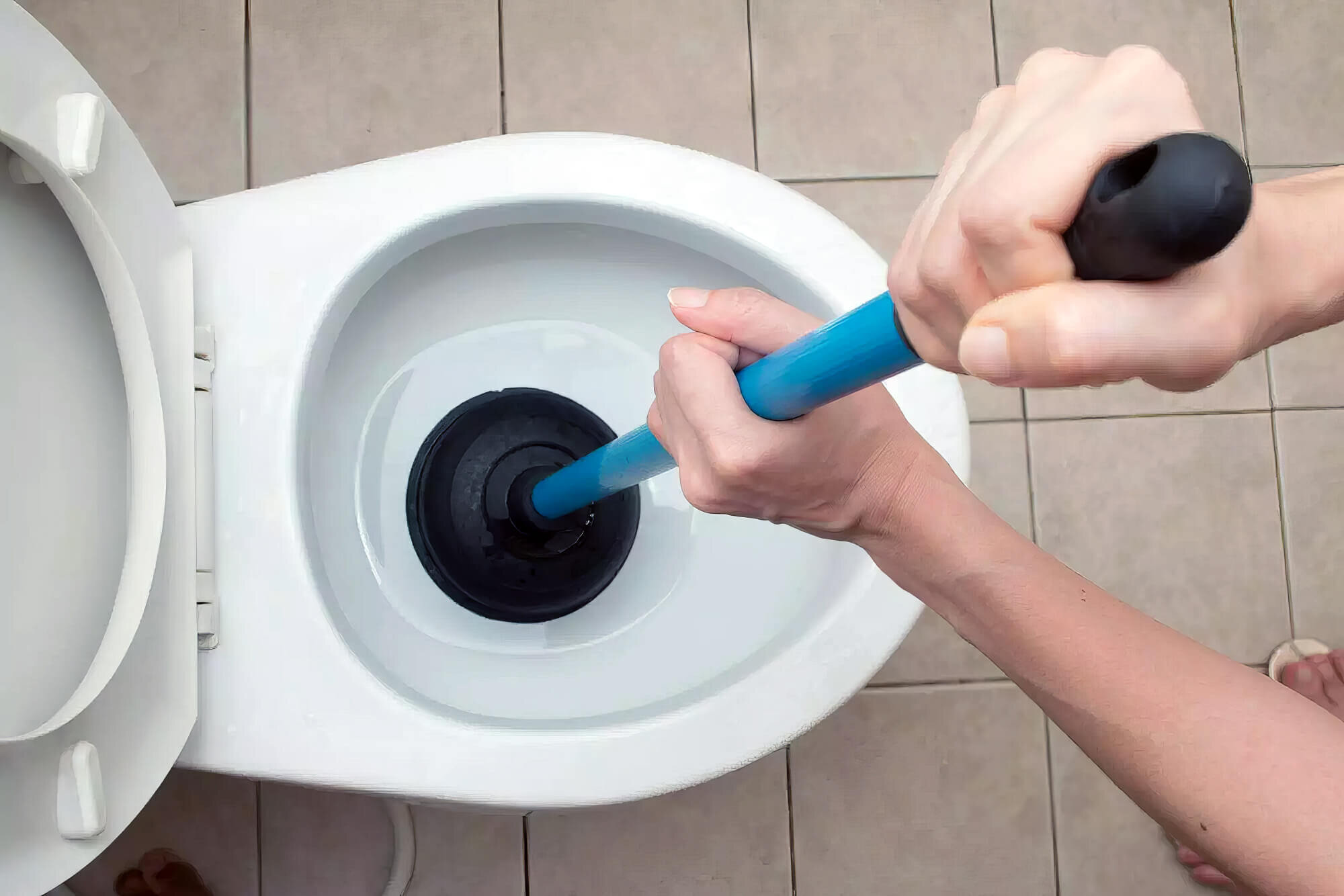
Improper Installation
Improperly installed sewer pipes with the wrong gradients can disrupt the natural flow of your household wastewater. This might lead to water pooling, sediment build-up, and eventually, blockages.
Combined Sewer Systems
Heavy rainfall can overwhelm the system in areas where stormwater and sewage systems share the same pipe system, leading to backups as the excess water cannot be adequately managed.
Mineral Deposits
Hard water areas can experience mineral build-up in pipes, reducing their diameter and causing blockages. This is particularly common in areas with high calcium and magnesium content in the water.
Lack of Maintenance
When you call a septic service provider, they will inspect for leaks and examine your septic tank’s scum and sludge layers. Regular main sewer line maintenance, including professional cleaning and inspections, is crucial to prevent blockages. Neglecting maintenance can lead to a gradual accumulation of debris and potential backups.
Best Practises for Preventing Sewerage System Issues
Implementing effective practices is crucial in preventing sewerage system issues. Firstly, careful garbage disposal is key - refrain from flushing non-biodegradable items, such as baby wipes and plastics, down toilets and drains.
Also, proper kitchen waste management, avoiding pouring grease and cooking oil, and coffee grounds down sinks prevent blockages. Regular inspection and maintenance of sewer lines can identify early signs of problems like tree root intrusion or deteriorating pipes, enabling timely interventions secured by a council permit.
Adequate installation, ensuring correct gradients, and avoiding combined systems overload during heavy rains contribute to system longevity.
Lastly, educating users about what’s flushable and promoting responsible practices collectively foster a smoothly functioning sewerage system, minimising disruptions and costly repairs.
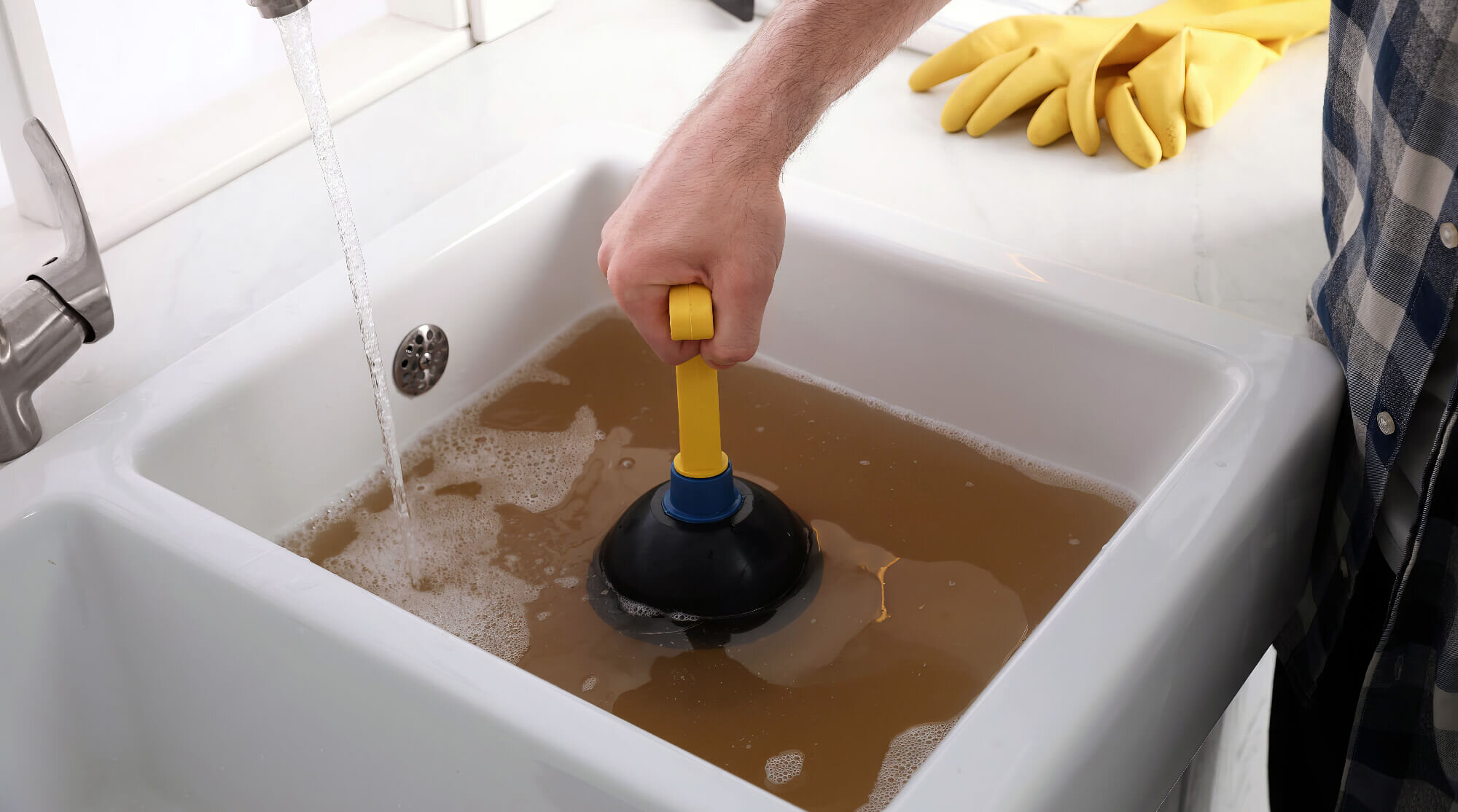
DIY Maintenance Tips for Homeowners
Empowering homeowners with DIY maintenance tips can lead to a well-maintained and efficient household. Regularly inspecting plumbing fixtures for leaks and promptly addressing them can prevent water damage and conserve resources.
Regular cleaning of HVAC system air filters improves indoor air quality and system efficiency. It also maintains the garden and yard, including proper drainage and gutter cleaning, and safeguards against water accumulation that can affect the foundation.
Sealing cracks in walls and windows enhances energy efficiency. Flushing water heaters annually remove sediment build-up, extending their lifespan. These simple yet effective DIY practices save money and provide a comfortable living environment tailored to your requirements.
Benefits of Professional Sewerage System Inspection
A septic system service professional should inspect the average household septic tank system at least every three years. The system is typically pumped every three to five years.
Alternative septic systems with electrical float switches, sump pumps, or mechanical components should be inspected more often, generally once a year.
Opting for professional sewer system inspection offers many benefits that safeguard your property and your peace of mind. If your home has septic systems, ensure regular pumping and inspections to prevent sewer line clogs and proper wastewater management.
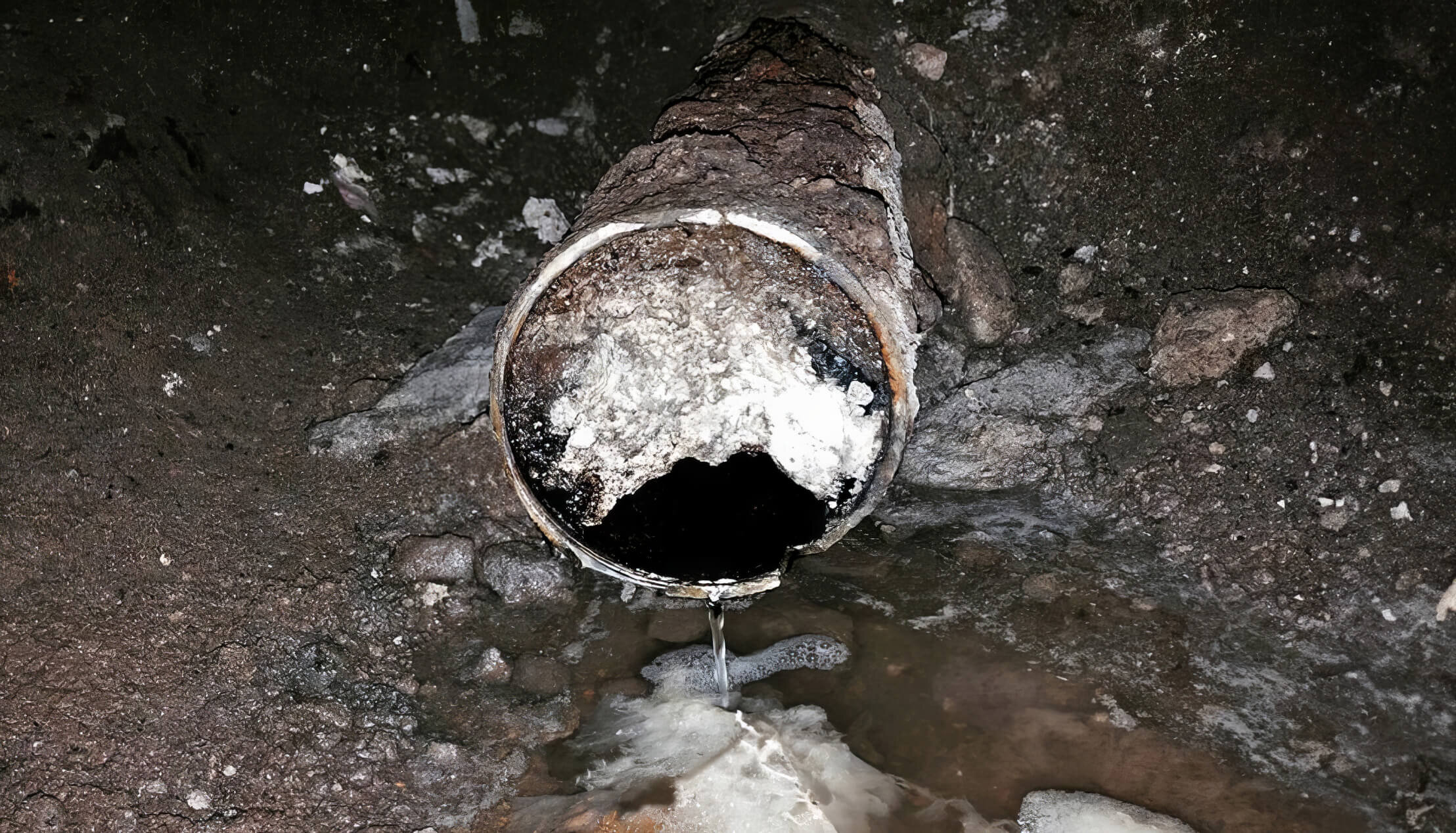
Trained experts utilise advanced equipment to thoroughly assess the condition of your sewer lines, identifying hidden issues such as cracks, leaks, and root intrusions that might otherwise go unnoticed.
Timely detection of these problems prevents them from escalating into costly emergencies at treatment plants.
In addition, professional inspections provide accurate insights into your system’s overall health, enabling you to make informed decisions about necessary repairs or maintenance.
This proactive approach extends the lifespan of your septic tanks and ensures the safety and comfort of your home or business environment.
Early Warning Signs of Sewerage System Problems
Recognising the early warning signs of septic system problems is crucial for timely intervention and preventing more severe system failures. Slow drains in bathroom sinks, showers, and toilets often indicate potential blockages, as do gurgling sounds from drains when using water fixtures.
Unpleasant odours from drains or the yard can signal sewer gas leaks. Soggy patches or sinkholes in the yard might point to underground pipe leaks.
Backups or water pooling in lower areas during heavy rains may signify an overwhelmed system. Additionally, changes in water pressure or unexpectedly lush patches of grass could indicate leaks.
Being vigilant about these warning signs allows homeowners to address problems promptly, minimising damage and the need for costly repairs.
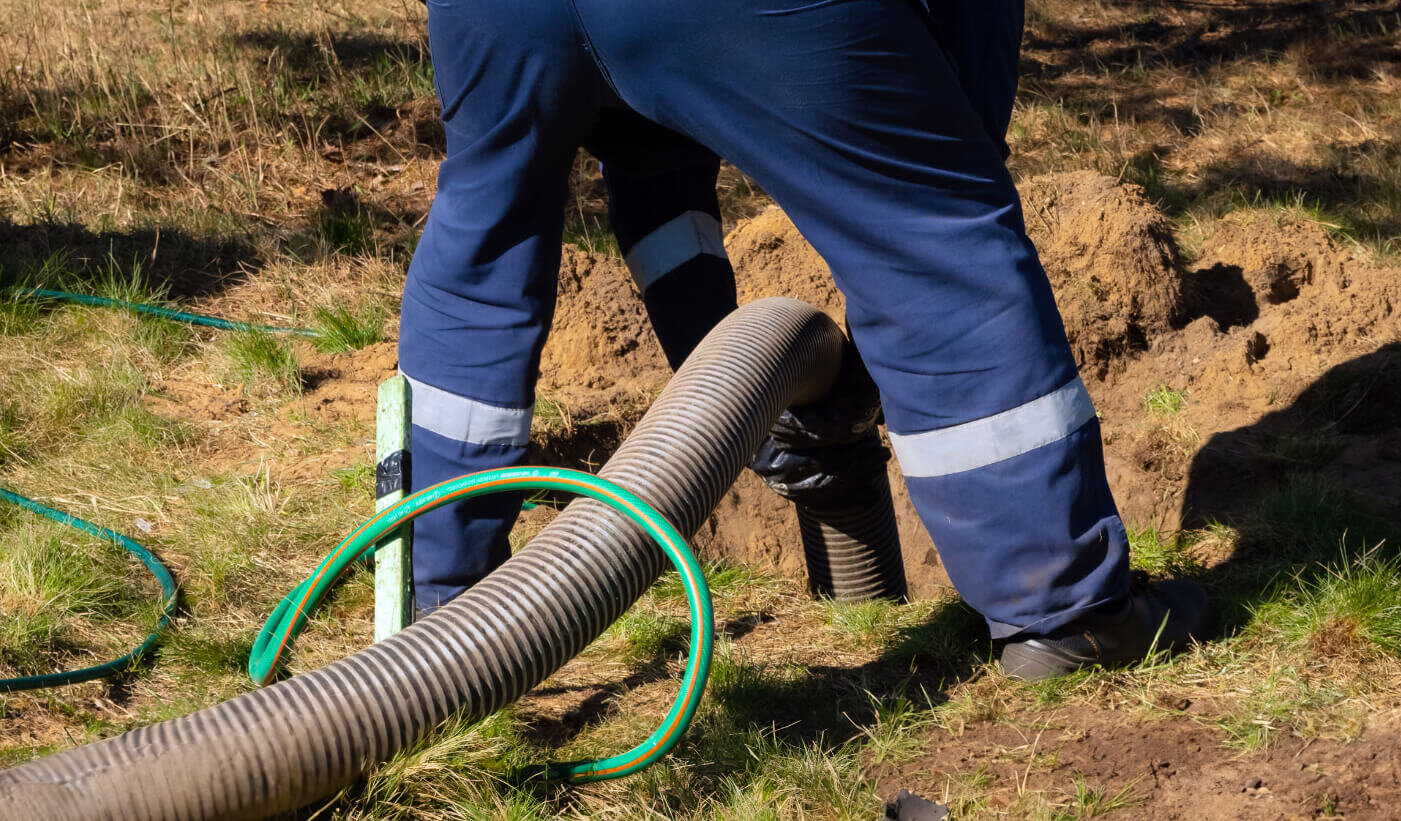
Responding to Sewerage System Emergencies
In sewer line system emergencies, swift and decisive action is vital to mitigate damage and ensure the safety of your property. Firstly, immediately turn off the water supply to the affected area to prevent further flooding.
Avoid using any water fixtures or flushing toilets until the issue is resolved. If there’s a foul odour or signs of potential sewer gas leaks, evacuate the area and contact professionals for assistance.
In case of significant backups or leaks, promptly contact a licensed plumber or sewage management service to assess the situation and provide expert solutions.
Remember to prioritise safety—wear protective gear if necessary, keep children and pets away, and call a registered plumber in the affected area.
Responding effectively to sewerage emergencies can significantly minimise the impact and facilitate a quicker return to normalcy.
Connecting with Us
Maintaining a well-functioning sewerage system is crucial for your property’s overall health, hygiene, and environment. Following the essential tips outlined in this blog will extend the lifespan of your sewer system while preventing costly repairs and inconveniences.
Remember, a proactive approach to sewer system maintenance prevents frequent clogs, leaks, and other potential issues. If you need professional plumber assistance or expert guidance, don’t hesitate to contact the sewage treatment plant experts at Big Blue Plumbing.
Our team is dedicated to ensuring your sewerage system operates smoothly and efficiently, offering reliable solutions tailored to your needs. Contact us today to schedule a consultation and take the first step towards a trouble-free sewerage system.
Your property and your peace of mind deserve nothing less than the best care.



